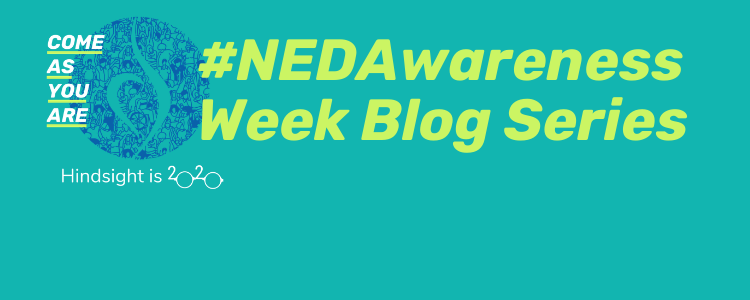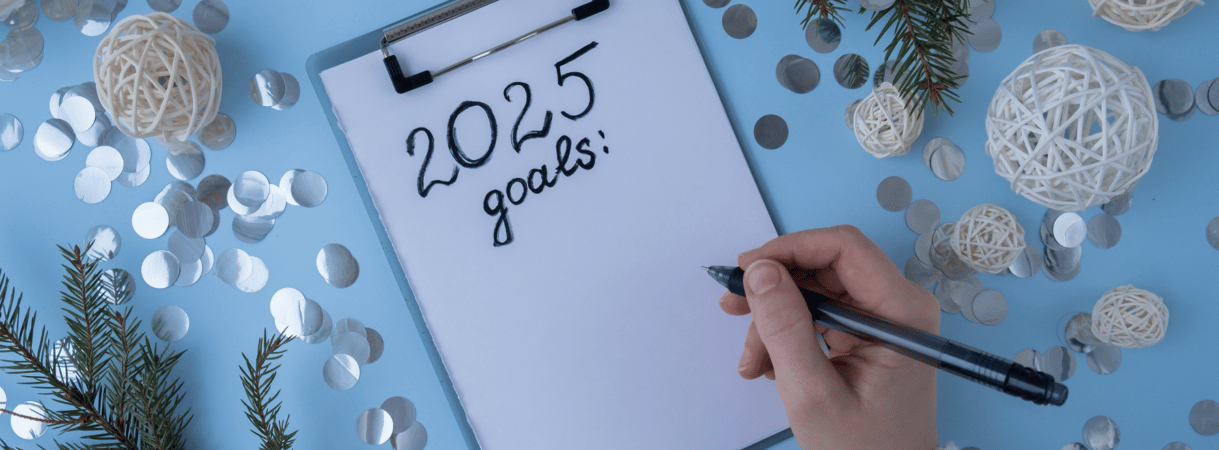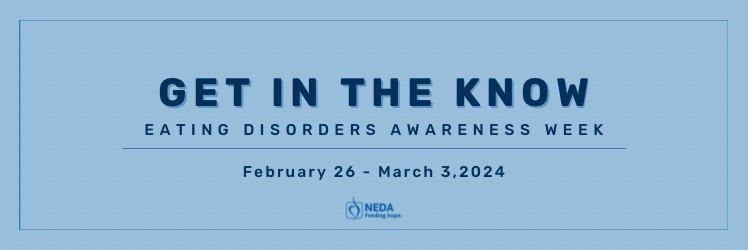This time last year, I’d really only just begun to accept the fact that I have an eating disorder. Not a “weird food thing,” not “disordered behaviors,” not a “strong dislike of food” — I have an eating disorder, and with it, a long road ahead to repair my relationship to food and to my body.
Editor’s note: CW for behaviors, etc.
This time last year, I’d really only just begun to accept the fact that I have an eating disorder. Not a “weird food thing,” not “disordered behaviors,” not a “strong dislike of food” — I have an eating disorder, and with it, a long road ahead to repair my relationship to food and to my body.
Looking back, I can see how I approached my recovery like a skill to master or a class to ace. I thought if I was diligent enough, and followed every clinician’s instructions to the letter, nothing could go wrong. If I did this perfectly, I couldn’t fail. And if I kept it up, I would eventually reach that coveted “recovered” state, and my eating disorder could never hurt me again.
And if I didn’t achieve that? It was because I messed up. Maybe I didn’t want it enough. Maybe I didn’t try hard enough. Maybe I just wasn’t capable of getting better.
Because in my mind, the opposite of recovery was failure.
It was this same mindset that kept me from accepting that I had an ED in the first place. I remember getting an EKG before I went into treatment, and feeling such a deep disappointment when I found out my heart wasn’t failing yet. “Not even a murmur?” I thought to myself. “If I were really sick, the EKG would’ve shown it.”
In my mind, I couldn’t even excel at having an eating disorder.
No matter what I did, then, I’d failed: if I wasn’t on my deathbed, I wasn’t “good” at having anorexia. If I didn’t recover perfectly, I wasn’t “good” at recovery, either. And as far as I was concerned, the only people who deserved to get help for their eating disorders were people who were good at them: good at having them, and good at recovering from them.
A lot of people describe eating disorders as being “competitive.” But that implies that we all believe that we can compete in the first place.
I never felt like I could, though. I was just scared. I was scared of eating, so I went to irrational lengths to avoid doing so, and I didn’t always know why. And on my worst days, I was convinced this wasn’t evidence of an eating disorder at all; I thought it meant I was just “bad” at eating.
The underlying message became clear: nothing I did would ever be enough. And the shame I felt swallowed me up, convincing me that I didn’t deserve any help from anyone.
It’s taken me a lot of time to realize that I can’t afford to wait to be “sick enough” to get help, or “perfect enough” to recover. None of us can.
Because recovery isn’t about proving you deserve support or acing your treatment plan. Recovery is about meeting yourself exactly where you are, and allowing yourself to receive help on an unconditional basis.
Some days, the bravest work you’ll ever do isn’t eating the most challenging food on your list, or going an entire week without behaviors. Sometimes, it’s managing to say “I need help” when the words feel stuck in your throat. Sometimes, it’s choosing to be kind to yourself when nothing seems to go right that day.
And almost always, it’s giving yourself permission to be human — which means your pain is valid no matter how it compares to anyone else’s, and that your best is good enough even if it feels like you aren’t progressing fast enough.
For me, this last year has been rediscovering the true meaning of “come as you are.” Because the most important part of recovery is in the showing up — not in the end game, but in the here and now. It’s about being seen as you are at that moment, even and especially when things get messy.
My truth at this moment is that things are still messy. And yes, I could take it as evidence that I’ve “failed” at recovering. But I’m choosing not to.
Because I don’t believe there is such a thing as “failure” in recovery. I think there are just days, putting one foot in front of the other, and the lessons that we learn along the way. And I choose to believe that each one of those days matters and has something to teach us.
So I’m living in today, with each meal and snack a container holding future possibilities — energy that’s waiting to push me forward. And no matter what happens now, I get to start again as many times as it takes.
And I consider myself pretty lucky for that.
Sam Dylan Finch is a writer best known for his blog Let’s Queer Things Up!. Since 2014, LQTU! has been read by millions of people, and is regarded as a groundbreaking resource on mental health in the LGBTQ+ community. Sam takes a compassionate and humorous approach to nuanced conversations. He explores topics like body politics, pop psych, LGBTQ+ identity, and more, creating viral content that has trended worldwide. He is currently the Lead Editor of Mental Health & Chronic Conditions at Healthline.com. He also pens the popular astrology column Woo Curious, a spiritual approach to mental health and self-care, as well as Crazy Talk, a mental health advice column.






